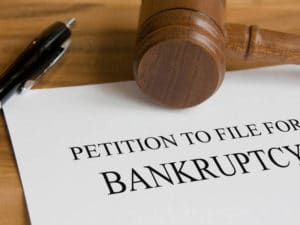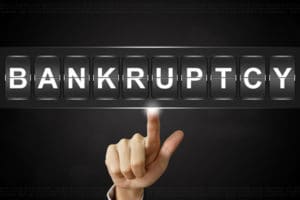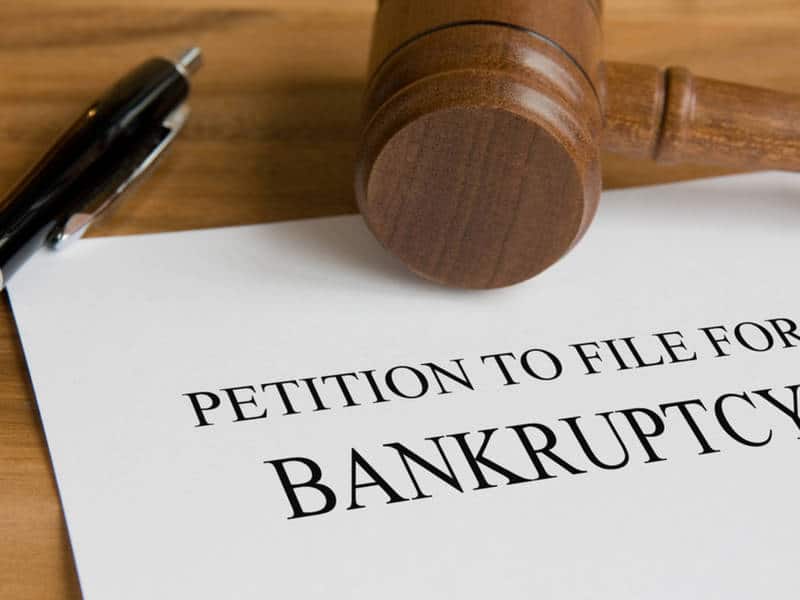Bankruptcy offers a way out of debt by either eliminating it or repaying part of it. The decision on whether or not to file for bankruptcy is however not an easy one. You may end up losing most of your assets or none at all. At the same time, some debts are not covered by bankruptcy. To help you in making the right decision let’s look at how bankruptcy works and when it’s a good idea to file for one.
Which Debts are Discharged by Bankruptcy?
 Before filing you have to decide on the type of personal bankruptcy that is unique to your financial situation. The process covers consumer debts such as credit cards, personal loans, mortgages, and medical debts. Non-consumer debts cannot be forgiven through personal bankruptcy. These include alimony, taxes, child support, and criminal restitution.
Before filing you have to decide on the type of personal bankruptcy that is unique to your financial situation. The process covers consumer debts such as credit cards, personal loans, mortgages, and medical debts. Non-consumer debts cannot be forgiven through personal bankruptcy. These include alimony, taxes, child support, and criminal restitution.
It’s advisable to have a bankruptcy attorney go through your finances to ascertain which debts qualify as consumer debts and which ones do not. For example, a student loan can be either depending on how it was used.
Types of Personal Bankruptcies
In the United States a person can file for either one of the following personal bankruptcies;
Chapter 7 is also known as liquidation bankruptcy. It involves the sale of assets that are not protected by bankruptcy and the distribution of the proceeds to creditors. The proceeds can cover your debts in as little as 3 months. Chapter 7 bankruptcy will be ideal if you don’t have a lot of assets that need protection.
Chapter 13 is also referred to as debt repayment or reorganization. It’s ideal for debtors who have many or valuable assets and don’t want to lose them. Basically, the debtor tables a proposal that shows how he/she plans to clear amounts owed within a given time frame. One gets the chance to clear all debts either partially or in full. You can also have others dismissed entirely.
Your attorney does a “means test” to determine which bankruptcy you are eligible for. In a nutshell, you may not be eligible for Chapter 7 if it’s evident that your income can settle debts under Chapter 13. Similarly, a Chapter 13 bankruptcy may be denied if your debts are too high in comparison to your income.
When is Bankruptcy a Good Idea
 Being eligible for bankruptcy doesn’t necessarily mean that you need to file for one. It could be that all you need is a little professional advice on how to manage your finances.
Being eligible for bankruptcy doesn’t necessarily mean that you need to file for one. It could be that all you need is a little professional advice on how to manage your finances.
You also have to contend with the fact that bankruptcy stays on your credit report for seven to ten years. That said, there are some circumstances that call for bankruptcy;
#1 When debt management programs don’t work
Credit counseling is a service offered by most financial advisors and organizations. You may be advised on how to reduce personal expenses in order to free more of your income to clear debts. Other measures include renegotiating terms with credit companies or other creditors.
When debt management fails, whether it’s due to non-commitment on your part or refusal by creditors, then bankruptcy could be your only way out.
#2 When you are being sued
A lawsuit filed by creditors can be tricky when you have no means of repaying and remaining liquid. The judgment could lead to the sale of assets or foreclosure on your properties. When faced with such eventualities, filing for bankruptcy could be the only way for you to remain afloat. The process offers you the chance to retain some of your property that would otherwise be auctioned.
#3 When faced with overwhelming medical bills
Most financial woes result from making wrong decisions on investments and credit lines. You may however find yourself faced with bills that are not of your own making. Such include medical bills that are not covered by insurance and are beyond your financial reach. In such circumstances, filing for bankruptcy is advisable; the bill will be discharged without over-tasking your income or your family’s finances.
#4 Insolvency Due to Industry Crisis
More often than not you will find yourself contemplating mortgage as an investment. When the industry is in a boom, then you are all set to make a profit on resale in the foreseeable future; that is however not always the case. Upward adjustments on mortgage repayments can leave you deep in debt. Filing for bankruptcy could be the only way of salvaging your property from mortgage lenders.
The takeaway
Bankruptcy is a federal court-protected financial tool that gives you a “fresh start” from the debt burden. The process becomes part of your credit report for 7-10 years. It can also lead to loss of assets hence should be done as a final result. If you are facing foreclosure, hefty medical bills or a creditor’s lawsuit then filing for bankruptcy could be your only way out. The above information gives you an overview of how to go about it.
Related Article: Life After Bankruptcy




